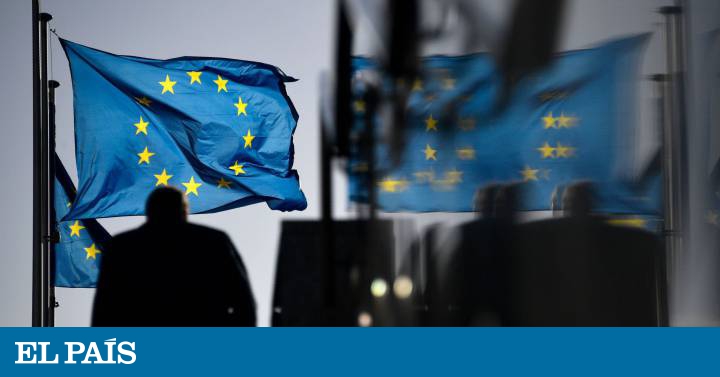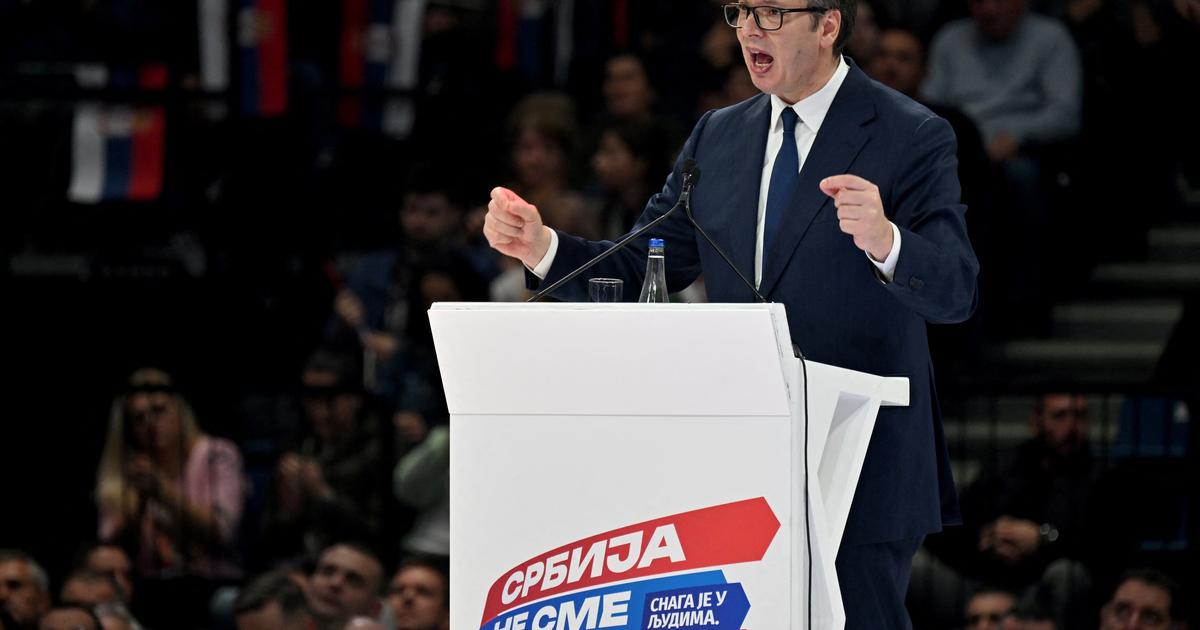The smallest budget in the history of the EU will be born of great anger among the governments of the club. The 27 members meet this Thursday at an extraordinary summit, the first after Brexit on January 31, with the aim of agreeing on the accounts of the next september (2021-2027).
The negotiation, always prickly, is complicated by the gap left by the United Kingdom, valued at up to 75,000 million euros. The meeting is expected to be tense and of unpredictable duration because the president of the Council, Charles Michel, aspires to reach an agreement or, at least, to leave it on track to close it at another summit.
MORE INFORMATION
- Spain sees the EU budget project unacceptable
The EU in 2020: towards the green and digital horizon after the decade of policrisis
The Spanish delegation, headed by the President of the Government, Pedro Sánchez, arrives in a delicate position because he is exposed to become, for the first time, a net contributor to the club. Spain enters into negotiation with several fronts open and at the same time facing a more bulky bill and cutting agricultural and regional funds subsidies.
Despite its dependence on funds, Spain has become relatively richer within the club after the departure of the United Kingdom. And as the fourth economic power of the EU (after Germany, France and Italy), it runs the risk of becoming a net taxpayer (those who contribute more than they receive) for the first time since joining in 1986.
The net balance has already been negative (payable) occasionally in the current framework (in 2017 and 2018) but not in the total calculation of the period. From 2014 to 2018, the Spanish net balance is positive, with an average of 2,000 million euros per year, according to the European Commission.
The Commission's initial proposal (May 2018) predicted a positive net balance to Spain also during the next period, with structural funds almost equal to those of the current framework (56,000 million euros) and slightly lower agricultural subsidies.
But that proposal (which provided for an expenditure of 1.13 billion euros) has been lowered. The budget project on the table, presented by Michel, sets an expense of 1.09 billion euros, equivalent to 1.07% of the Gross National Income (GNI) of the 27. Those accounts would entail a 14% cut in agricultural subsidies and 12% in structural funds in relation to the current period (2014-2020).
"With Michel's accounts, it is not at all clear that Spain will continue with a positive balance," says a diplomatic source. The delicate situation is aggravated because the new budgetary framework could take as a reference the recent years in which Spanish national income has grown considerably.
Spain ended the previous period (in 2013) with a GNI of 996,000 million. In 2018, it goes for 1.2 billion. Spanish sources are confident that Brussels will take into account the economic blow suffered by the country in the previous period, which was not computed at the time. But there is no guarantee that it will be so. Nor that the possible compensation will balance the possible losses until a positive balance is achieved.
Michel also proposes the introduction of new sources of financing, some of which may penalize Spain. The first of these would be a contribution based on the tons of plastic that are not recycled in each country (at a rate of 0.80 euros per kilogram). Spain would be relatively well stopped with this new resource, given its high percentage of recycling. But other proposals, such as the airfare, could raise their contribution.
At the moment, the president of the Government, Pedro Sánchez, arrives at the summit with a categorical rejection of the initial proposal on the table. The Spanish Foreign Minister, Arancha González Laya, warned on Monday that Michel's proposal is "for now, insufficient to reach a consensus." And he considered that the proposed distribution is "unfair" and, in addition, "does not recognize the role of agriculture as an element of cohesion and as a fundamental element for the ecological transition."
Summit without end?
The budget agreement, always politically thorny, has been complicated this time by the exit of the United Kingdom, a partner whose annual net contribution was around 8,000 million euros. Brussels also wants to strengthen new policies such as defense, migration control or research. "The United Kingdom leaves us a gap of between 60,000 million and 75,000 million in seven years," says a community source.
The main contributors, led by Germany and the Netherlands, demand that the Brexit hole be covered by drastic cuts in the two main items, the Common Agricultural Policy (CAP) and the so-called structural funds. The brutal adjustment has put the injured countries on a war footing, among which Spain stands out.
"All European leaders arrive willing to endure in Brussels the time it takes to reach an agreement," says a community source. And it emphasizes the fact that Michel has called the meeting with a starting point (3 pm on February 20) but no day or time planned for its completion. Significantly, the urban transport company of Brussels (STIB) has warned users that the usual traffic disturbances during the summit can last on February 20, 21 and 22. Three days, with two nights in between, always tempting for a club that likes heartbreaking early morning negotiations.














